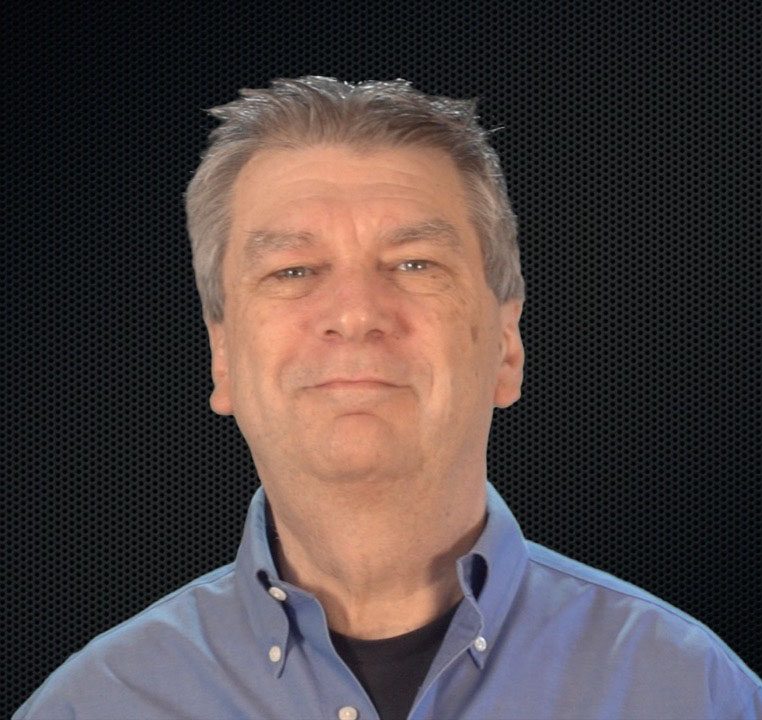DATE: April 13, 2017 This webinar has passed. The recording is available On Demand.
TIME: 2 PM Eastern / 11 AM Pacific
PRICE: Free to all attendees
About the Webinar
Science and engineering are complementary disciplines, and in their distinctions, we see promise for an expanded role for machine learning (ML). The goal of science is discovery – identifying patterns of evidence that point to fundamental truths. Engineering uses this knowledge to build systems and solutions to problems. Science discovers the truth, engineering uses the understanding of truth to create. Within the #ModernAI landscape, machine learning has become the gold-standard for pattern discovery. Applications ranging from the identification of cat images on YouTube to autonomous vehicle control have captured the imagination. Less heralded are opportunities to apply ML to systems that understand what they have discovered. That’s the next frontier.
This webinar will present an overview of ML fundamentals and then show examples and a framework to identify opportunities for ML-enabled understanding.
About the Speaker
Adrian Bowles
Founder, Storm Insights
 Adrian is an industry analyst and recovering academic, providing research and advisory services for buyers, sellers, and investors in emerging technology markets. His coverage areas include cognitive computing, big data / analytics, the Internet of things, and cloud computing. Adrian co-authored Cognitive Computing and Big Data Analytics (Wiley, 2015) and is currently writing a book on the business and societal impact of these emerging technologies. He has held executive positions at several consulting and analyst firms. Adrian also held academic appointments in computer science at Drexel University and SUNY-Binghamton, and adjunct faculty positions in the business schools at NYU and Boston College. He began his career with research and application development roles at IBM and GTE Laboratories. Adrian earned his BA in Psychology and MS in Computer Science from SUNY-Binghamton, and his Ph.D. in Computer Science from Northwestern University.
Adrian is an industry analyst and recovering academic, providing research and advisory services for buyers, sellers, and investors in emerging technology markets. His coverage areas include cognitive computing, big data / analytics, the Internet of things, and cloud computing. Adrian co-authored Cognitive Computing and Big Data Analytics (Wiley, 2015) and is currently writing a book on the business and societal impact of these emerging technologies. He has held executive positions at several consulting and analyst firms. Adrian also held academic appointments in computer science at Drexel University and SUNY-Binghamton, and adjunct faculty positions in the business schools at NYU and Boston College. He began his career with research and application development roles at IBM and GTE Laboratories. Adrian earned his BA in Psychology and MS in Computer Science from SUNY-Binghamton, and his Ph.D. in Computer Science from Northwestern University.

